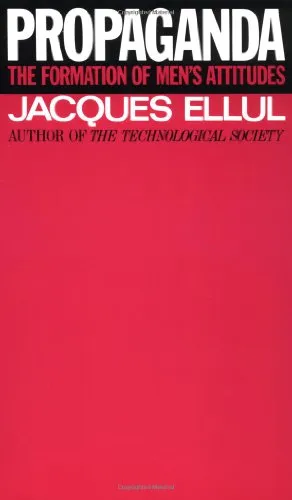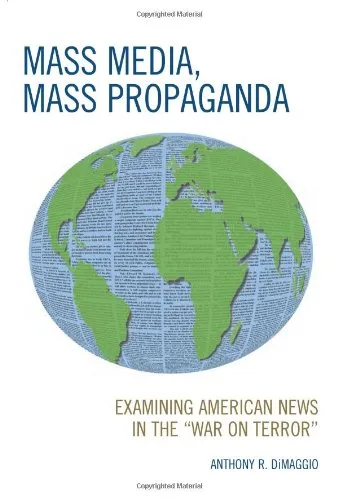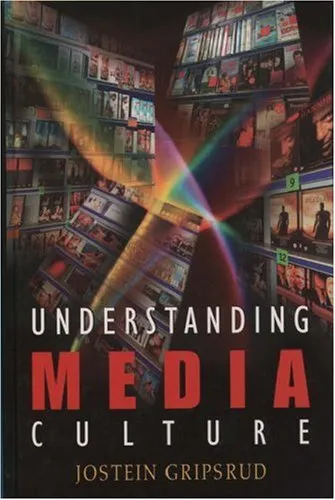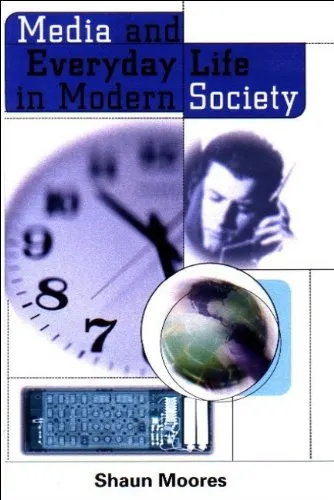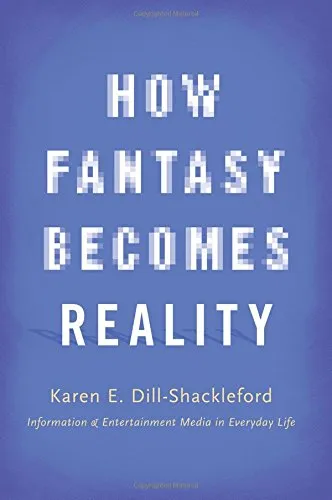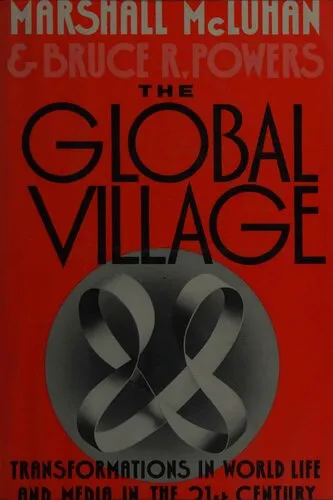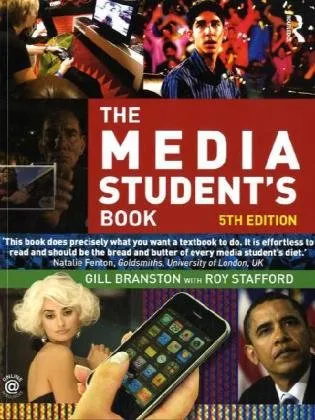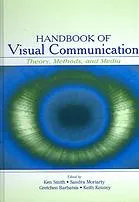Propaganda: the formation of men's attitudes
4.8
Reviews from our users

You Can Ask your questions from this book's AI after Login
Each download or ask from book AI costs 2 points. To earn more free points, please visit the Points Guide Page and complete some valuable actions.Related Refrences:
Analytical Summary
Originally published in 1965, "Propaganda: the formation of men's attitudes" stands as one of the seminal works in the study of modern propaganda and communication. Written by French philosopher and sociologist Jacques Ellul, the book examines how propaganda infiltrates everyday life, influencing opinions, shaping ideologies, and steering collective behavior. Ellul’s analytical lens moves beyond superficial political discourse, revealing how propaganda operates in democratic and authoritarian societies alike.
At its core, the book dissects the mechanisms by which messages penetrate the human psyche. Ellul distinguishes between political propaganda, sociological propaganda, and cultural conditioning, explaining how each type adapts to the shifting contexts of technology, mass media, and education. He engages with both historical examples and contemporary manifestations, showing readers that propaganda is not merely a wartime tool but a pervasive social phenomenon.
This treatment blends philosophical depth with empirical observation. The text is both accessible to engaged readers and rigorous enough for scholars and professionals, making it a cornerstone for studies in mass persuasion theory and psychological manipulation. The analytical framework offered here is expansive, acknowledging the role of economic systems, technological advances, and cultural narratives in shaping public consciousness.
Key Takeaways
Ellul’s work delivers an exceptional range of insights relevant to communication theory, political science, sociology, and media studies. For academics and professionals, it provides both conceptual clarity and an enduring warning about the invisibility and power of propaganda.
Readers will walk away with a nuanced understanding that propaganda is not inherently false; its danger lies in the systematic shaping of attitudes without conscious awareness. The book emphasizes the technological enablers of mass persuasion, particularly the role of mass media in scaling influence rapidly and invisibly.
An important takeaway is the differentiation between education and propaganda; Ellul warns that without critical thinking, even educational systems may unconsciously propagate certain ideologies. The volume encourages the reader to identify, analyze, and question the messages that saturate public discourse.
Memorable Quotes
“To be effective, propaganda must constantly short-circuit all thought and decision.” Jacques Ellul
“Propaganda is the inevitable result of the technological society.” Jacques Ellul
“A civilization cannot defend itself without becoming itself a form of propaganda.” Unknown
Why This Book Matters
For researchers, educators, and critical thinkers, "Propaganda: the formation of men's attitudes" is more than just historical commentary; it is a living framework for understanding today's informational landscapes.
In a world increasingly saturated with media content—whether political messaging, commercial advertising, or social media trends—the relevance of Ellul’s analysis cannot be overstated. His work operates as a diagnostic tool, helping societies and individuals recognize the ways attitudes are crafted and cemented through subtle repetition and reinforcement.
Beyond academic fields, policy makers and media professionals can apply Ellul’s insights to examine ethical boundaries and safeguard against manipulative practices. This book also provides the intellectual foundation for modern discussions about misinformation, disinformation, and the ethics of persuasion in digital contexts.
Inspiring Conclusion
"Propaganda: the formation of men's attitudes" remains a vital resource for anyone seeking to confront the hidden mechanisms shaping human thought and behavior.
Ellul’s timeless examination provides both caution and empowerment: caution against the unexamined acceptance of pervasive messaging, and empowerment through awareness and analytical skill. In the era of digital networks and globalized discourse, these lessons are not relics of the past but tools for the present and future.
Readers are encouraged to explore this masterpiece in its entirety, reflect on its implications for both public and private spheres, and share its insights with peers. Engaging with "Propaganda: the formation of men's attitudes" is not merely an intellectual exercise—it is an act of reclaiming agency in the face of mass persuasion.
Free Direct Download
You Can Download this book after Login
Accessing books through legal platforms and public libraries not only supports the rights of authors and publishers but also contributes to the sustainability of reading culture. Before downloading, please take a moment to consider these options.
Find this book on other platforms:
WorldCat helps you find books in libraries worldwide.
See ratings, reviews, and discussions on Goodreads.
Find and buy rare or used books on AbeBooks.
1264
بازدید4.8
امتیاز0
نظر98%
رضایتReviews:
4.8
Based on 0 users review
Questions & Answers
Ask questions about this book or help others by answering
No questions yet. Be the first to ask!
